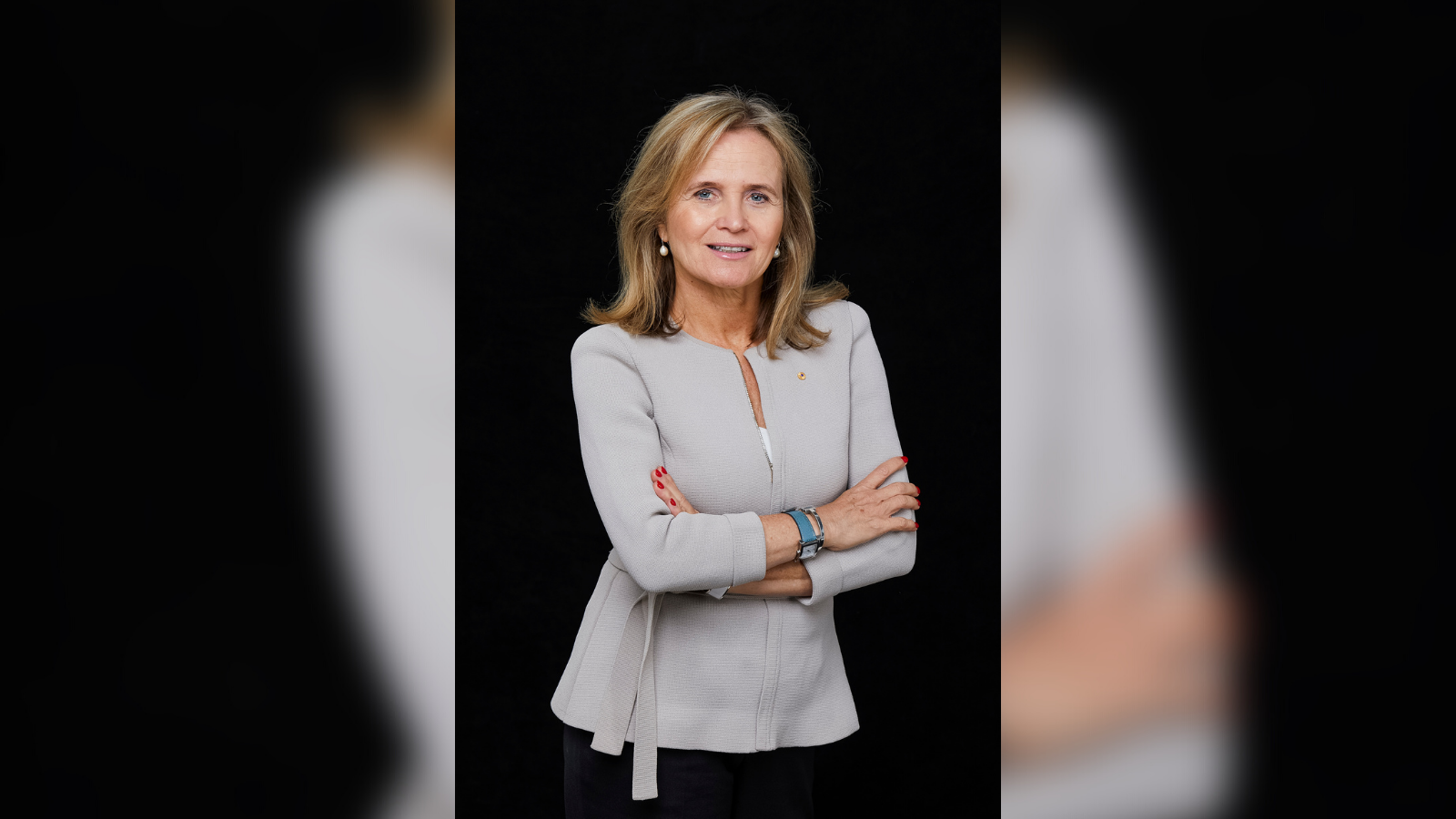Outstanding health leadership and research recognised by NHMRC awards

The National Health and Medical Research Council (NHMRC) has recognised new and innovative projects at the University of Melbourne and awarded researchers for their excellence in being a driving force for the transformation of health outcomes.
Professor Sharon Lewin from the Peter Doherty Institute for Infection and Immunity has received recognition by the NHMRC in the annual Research Excellence and Biennial awards along with four other research projects.
Professor Sharon Lewin AO, Director, Peter Doherty Institute for Infection and Immunity has been awarded the NHMRC Outstanding Contribution Award for 2020.
She has been at the forefront of the infectious diseases response in Australia and globally through the HIV pandemic and now through COVID-19. She is an exceptional researcher, leader, communicator and advocate. Her contribution during the COVID-19 pandemic has been thoughtful, measured, clear and compassionate.
The NHMRC award recognises that Professor Lewin personifies excellence in research leadership and acknowledges her outstanding contribution over the past two decades.
Associate Professor Luke Burchill has been awarded the NHMRC Sandra Eades investigator grant award for his clinical leadership and research in the field of adult congenital heart disease (CHD).
As Australia’s first Aboriginal cardiologist, Associate Professor Burchill is dedicated to improving health equity, particularly adults living with CHD and Victoria’s Aboriginal community. His research addresses both medical and mental health needs of communities.
For his work in understanding immunity to influenza B viruses for a universal vaccine, Dr Marios Koutsakos a postdoctoral research fellow at the Peter Doherty Institute for Infection and Immunity has been awarded the 2020 NHMRC Frank Fenner investigator grant award. Dr Koutsakos’s research aims to increase our understanding of the generation of broadly cross-reactive immune responses to influenza viruses.
Dr Jonathan Pham is a respiratory physician at the Melbourne School of Population and Global Health. With a clinical interest in severe asthma and allergy, Dr Pham is completing a PhD investigating the impact of ethnicity in asthma expression. For his work in improving the health of disadvantaged minority groups he is the recipient of the 2020 NHMRC Gustav Nossal postgraduate scholarship award.
NHMRC’s Science to Art Award recognises outstanding imagery that has arisen from research funded by NHMRC. Professor Fred Hollande from the University of Melbourne Centre for Cancer Research understands the value of imagery in science and received an award for an image of metastatic colorectal cancer cells which have been ‘optically barcoded’ with different fluorescence markers.
By tracking the different coloured tumour cells over time, the research team can monitor how individual cells respond to chemotherapy and use this knowledge to study drug resistance in cancer treatment.
Professor Angela Morgan from the Murdoch Children's Research Institute and the University of Melbourne has been awarded an Elizabeth Blackburn Investigator Grant Award for Leadership in Clinical Medicine and Science.
As head of speech and language at the Murdoch Children’s Research Institute and Professor of speech pathology at the University of Melbourne, Professor Morgan’s work has contributed to understanding the causes of childhood speech disorder. She is also co-director of a speech genomics clinic at the Royal Children’s Hospital in Melbourne, delivering diagnoses directly to families.
Acting Deputy Vice-Chancellor (Research), Professor Mark Hargreaves said the NHMRC awards were important recognition of researcher excellence, innovation and impact.
“I congratulate our colleagues for their commitment to research discovery and their contributions to identifying solutions to the complex challenges we face today.”